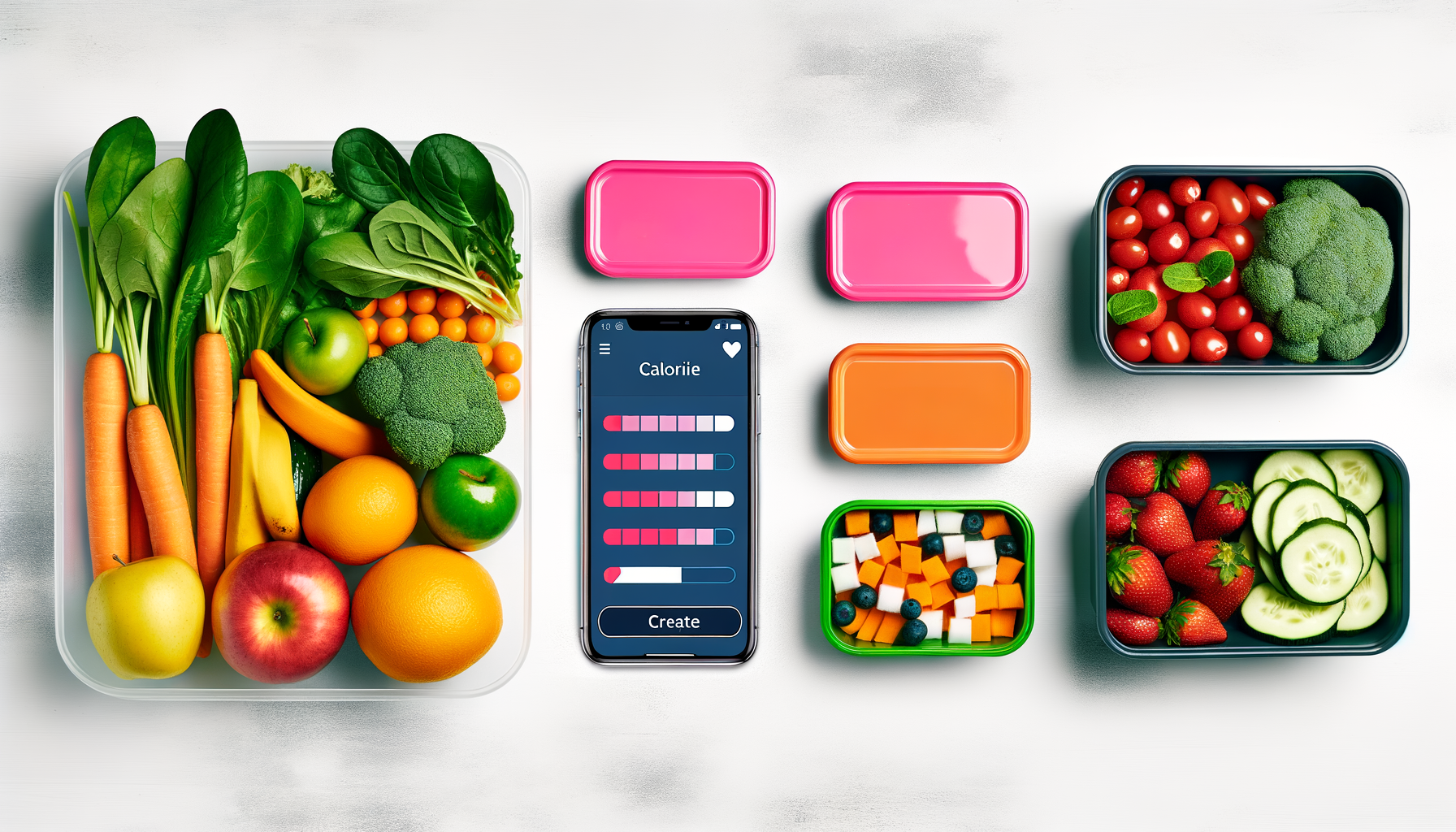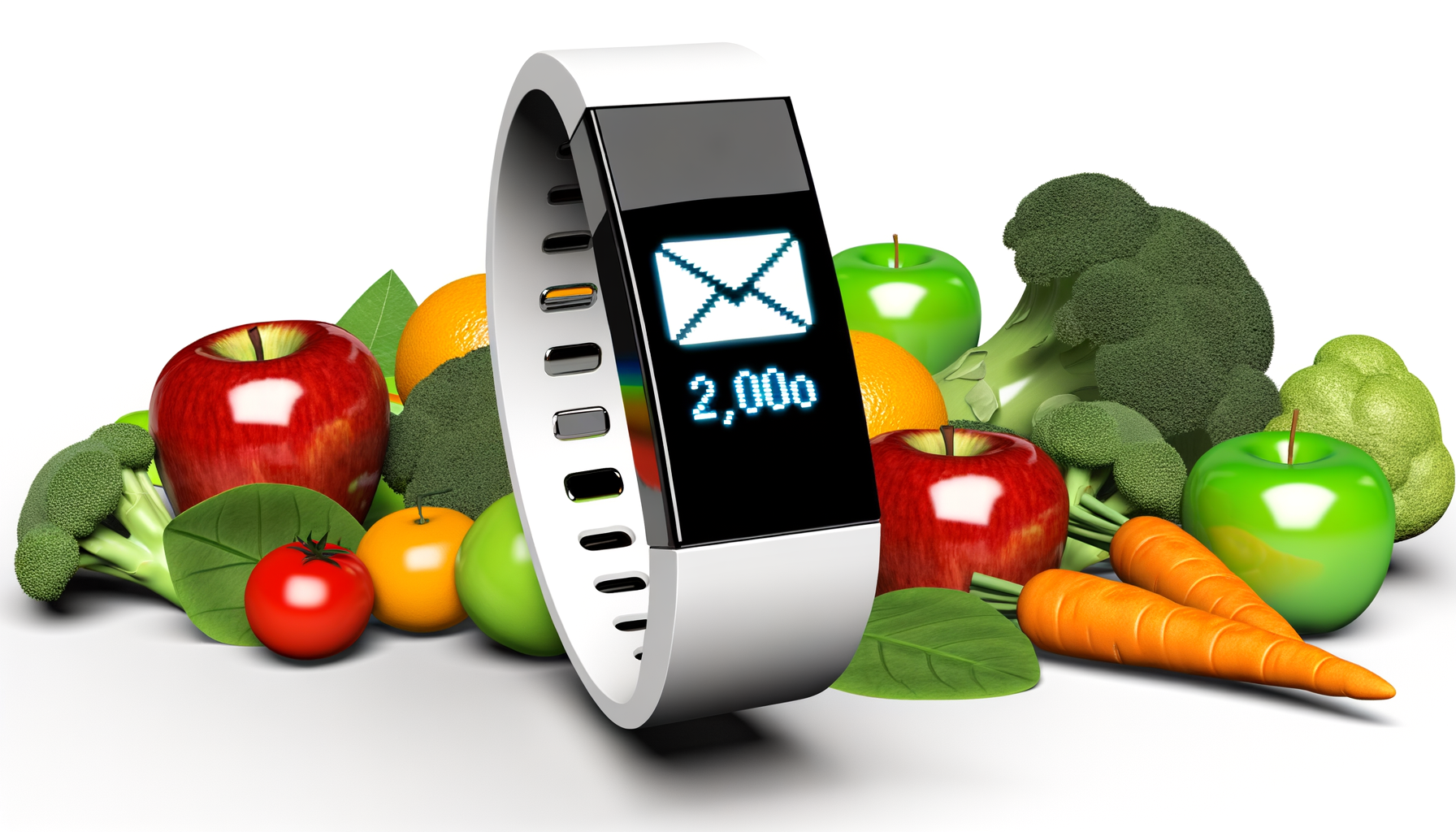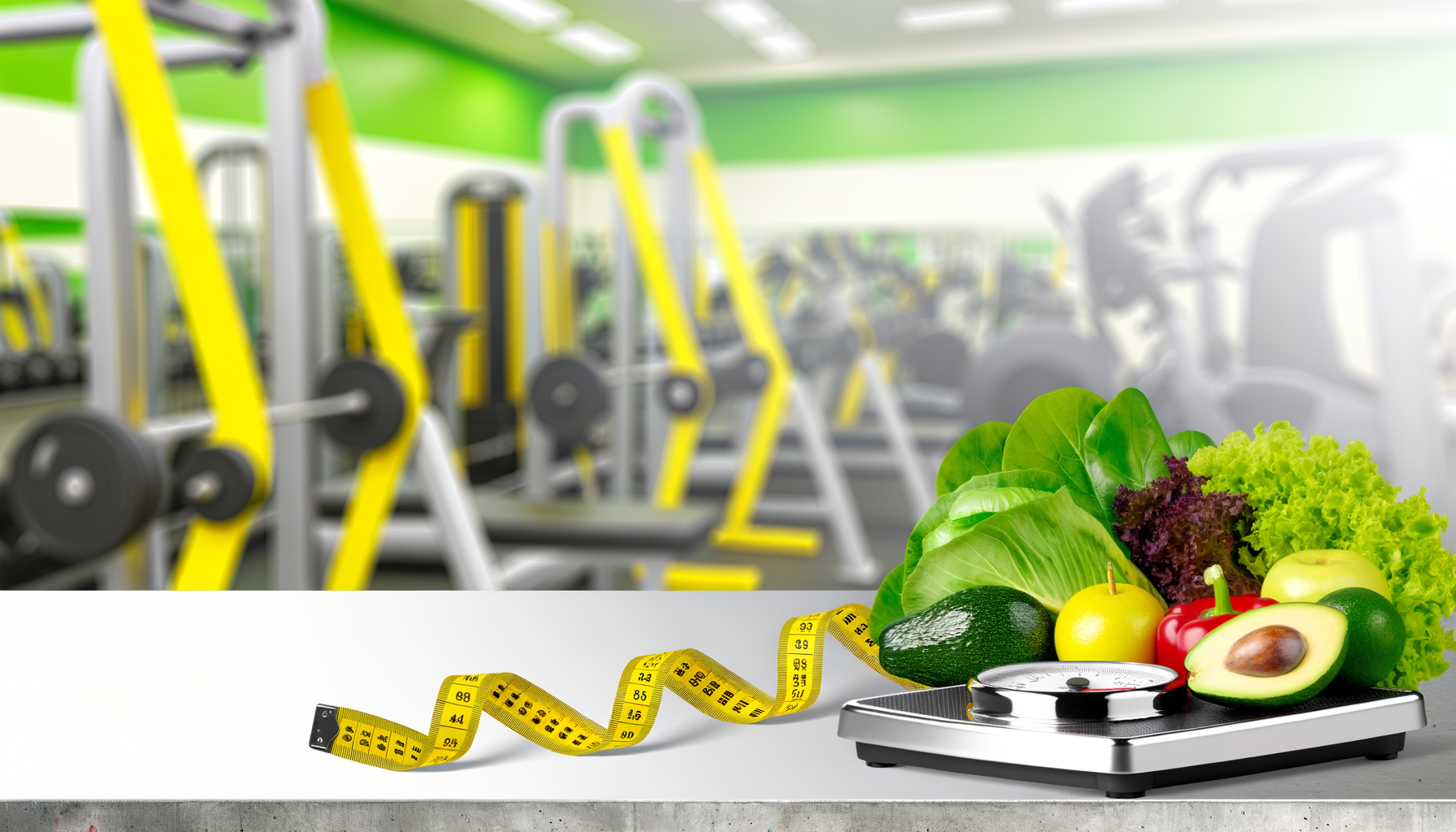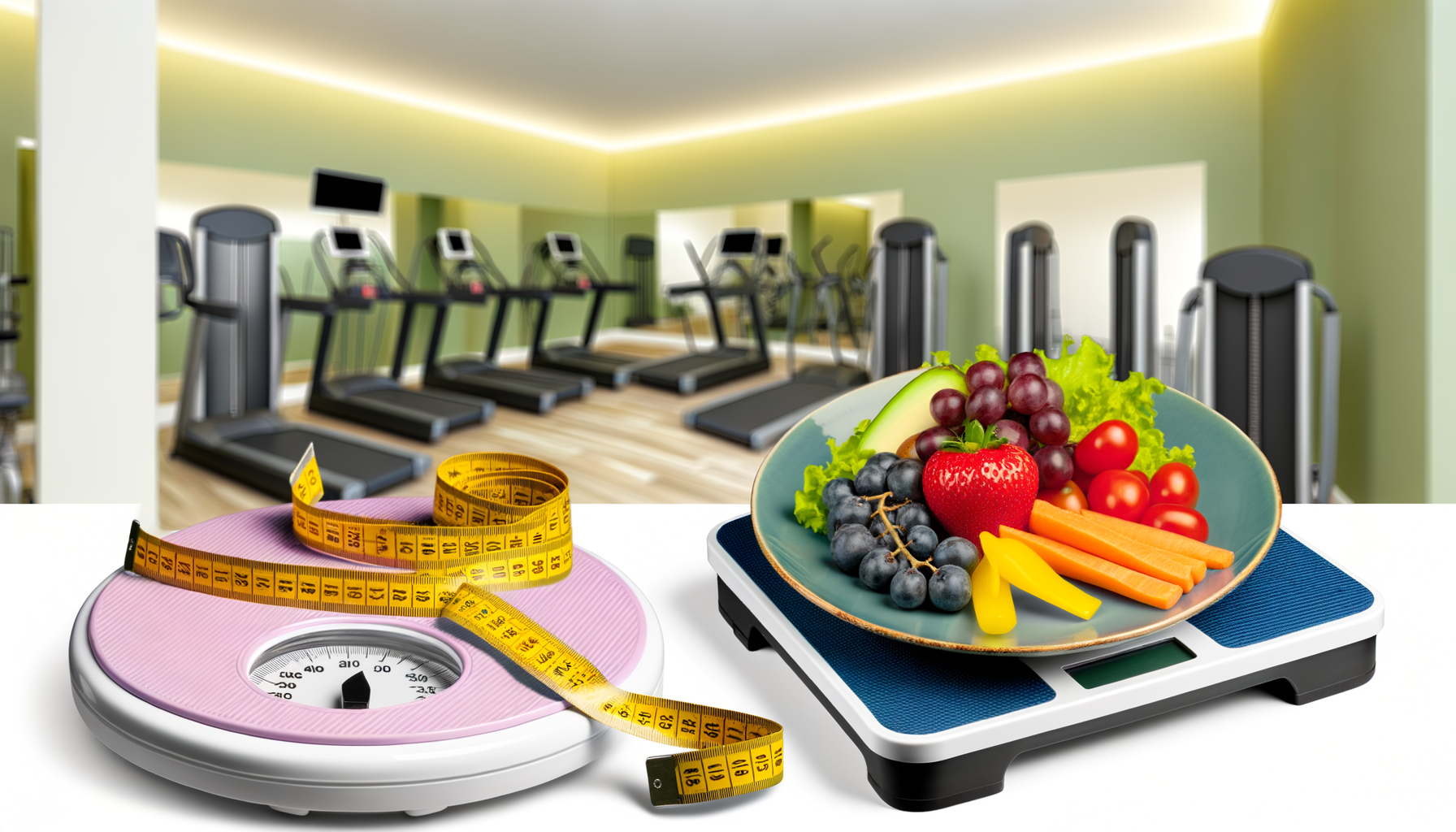How to Use Calorie Tracking for Muscle Gain Programs
Mastering Calorie Tracking for Effective Muscle Gain
When it comes to muscle gain, nutrition plays a crucial role alongside a well-structured workout plan. Calorie tracking is a key component of bodybuilding nutrition, helping you ensure you're consuming the right amount of energy to support muscle growth. Here's a comprehensive guide on how to use calorie tracking for muscle gain programs.
Understanding Your Caloric Needs
To start tracking calories effectively, you first need to calculate your daily caloric needs. This involves determining your Basal Metabolic Rate (BMR) and Total Daily Energy Expenditure (TDEE). The Harris-Benedict equation is a reliable method for calculating BMR, which can then be adjusted based on your activity level.
For example, if you're a 41-year-old male weighing 200 pounds, 6 feet tall, with some experience lifting weights and a light activity level, you would calculate your BMR and then adjust it according to your activity level. Here’s a step-by-step guide:
- **Weight:** 200 lbs ÷ 2.2 = 90.9 kg
- **Height:** 6’0” = 72 inches x 2.54 = 183 cm
- **BMR for Men:** BMR = 10 x weight (kg) + 6.25 x height (cm) - 5 x age (years) + 5
Once you have your BMR, you need to calculate your TDEE based on your activity level. For instance, if you have a moderate activity level (3-5 days of exercise per week), your TDEE would be 1.55 x BMR.
Setting Up Your Caloric Surplus
Muscle gain requires a caloric surplus, meaning you need to consume more calories than you burn. A common recommendation is to increase your daily caloric intake by 250-500 calories above your maintenance level. This surplus provides the necessary energy for muscle growth and repair.
For example, if your TDEE is 2,900 calories, you might aim for 3,150-3,400 calories per day to support muscle gain. This surplus should be balanced across your macronutrients: proteins, carbohydrates, and fats.
Macronutrient Balance
A balanced diet is crucial for muscle gain. Here’s a brief overview of how to allocate your macronutrients:
- **Protein:** Aim for 1.2 to 2.2 grams of protein per kilogram of body weight. Protein is essential for muscle growth and repair.
- **Carbohydrates:** Ensure you consume enough carbohydrates to support your workouts and recovery. Carbs provide energy for your training sessions.
- **Fats:** Include good fats in your diet to promote hormone production and overall wellness.
Tracking Your Macros and Calories
Tracking your macronutrient intake can be as detailed or simple as you prefer. Here are some tips to help you track effectively:
- **Choose Your Tracking Tool:** Use an app like MyFitnessPal, Cronometer, or Macros+ to track your daily macro totals. These apps allow you to scan barcodes and log foods easily.
- **Enhance Precision:** Log foods and drinks before or right after consumption. Use measuring tools like a food scale for precise portions. Include condiments, cooking oils, and additions to your coffee or tea.
- **Re-Evaluate:** Stick with your macro goals for a few weeks, then adjust as necessary. If you’re not achieving your desired results, you may need to slightly reduce or increase your calorie intake.
Real-World Examples and Case Studies
Let's consider an example of how calorie tracking can be applied in real-world scenarios. Suppose you're a 30-year-old male who weighs 170 pounds and is moderately active. You aim to gain muscle while minimizing fat gain.
- **Daily Caloric Needs:** Using the daily calorie estimator, you might aim for 2,500-2,800 calories per day to support muscle gain.
- **Macronutrient Allocation:** Allocate your calories as follows: 170 grams of protein, 250 grams of carbohydrates, and 70 grams of fats.
By tracking your calories and macronutrients, you can ensure you're meeting your nutritional goals and supporting your muscle-building efforts.
Tools and Resources
Utilizing the right tools can make calorie tracking much easier. Here are some resources you can use:
- **WP Calorie Calculator:** This tool can help you calculate your daily caloric needs based on your specific goals and activity level. WP Calorie Calculator offers a user-friendly interface to help you get started.
- **Nutrition Apps:** Apps like MyFitnessPal and Cronometer provide detailed databases of foods and allow you to track your macros easily.
- **Online Resources:** Websites such as Precision Nutrition and Alpha Progression offer comprehensive guides and calculators to help you plan your nutrition.
Conclusion and Next Steps
Calorie tracking is a powerful tool for achieving muscle gain. By understanding your caloric needs, setting up a caloric surplus, and balancing your macronutrients, you can support your muscle-building goals effectively. Remember to track your macros and calories precisely, using tools like the WP Calorie Calculator and nutrition apps to make the process easier.
If you're serious about muscle gain, consider investing in a WP Calorie Calculator Plan to get personalized nutrition advice and tracking tools. This will help you stay on track and achieve your fitness goals more efficiently.
Start your journey today by calculating your caloric needs, setting up your diet plan, and tracking your progress. With the right approach and tools, you'll be on your way to significant muscle gains in no time.











